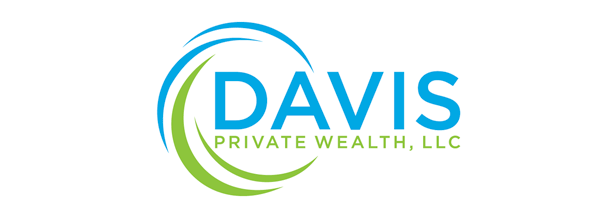I Bonds for inflation hedge

I Bonds – a government bond that is paying a lot more than it usually does
There are positives and downsides to them which I discuss below. I Bonds (letter “I”) are issued directly by the US Treasury and pay interest semiannually based upon a calculation that includes the inflation rate, making them an option for anyone looking for a safe place to store some cash for more than 1 year. In years past they haven’t paid much, but recently with the Inflation rate higher they now pay a very nice rate compared to Savings accounts and CD’s.
Interest Rate
- From May 2022 – October 2022 they are paying 9.62% annualized (4.81% for the 6 month period).
- The interest rate is recalculated every May 1st and November 1st. So the second 6 months will pay a different rate than the current 6 months.
Safety
- I Bonds are backed by the US Government
Tax Benefit
- You can defer paying taxes on the interest until the bond is cash out in future years.
- It’s only taxed at the Federal level. So no state income tax (for those living in certain states).
- May be tax free for college costs in some circumstances (used for dependents, below income limit, purchased in parents name, etc)
Cap
- You can purchase between $25 up to $10,000/calendar year. You are able to purchase them for yourself, your spouse, any minors you have, in the name of your business, and in the name of a trust. For each of these the limit is $10,000/calendar year, so some of you may be able to purchase more than others (for example: Husband, Wife, & LLC for a total of $30,000)
- The limits reset in January 2023 at which point you could purchase more.
Term
- Any I Bond purchase must be held for at least 1 year.
- If they are cashed out between year 1 – year 5 there is a 3-month interest penalty (last 3 months). Given the current rates, even with the interest penalty it would most likely be a good return.
- After year 5 there is no penalty and they keep earning interest through year 30.
Where to Purchase
- Unfortunately, we aren’t able to purchase them inside your investment accounts. I Bonds can only be purchased directly through the US Treasury.
- Here is the Link to open an account with the US Treasury: Treasury Direct Application where you can then purchase them.
Downsides
- Locked up for at least 1 year
- Only purchase through US Treasury. Hassle factor of setting up multiple accounts for each entity (individual, LLC, trust).
- Capped dollar amounts per year.
- Unknown future interest rates. Rates could drop back down.
- Penalty between years 1-5.
I Bonds aren’t right for everyone and may not fit into your financial plan or your liquidity needs but we want to keep you informed so you know what’s available. If you have any questions about I Bonds please let us know at 561-284-8999 or reach out to Josh Davis at josh@davisprivatewealth.com.










